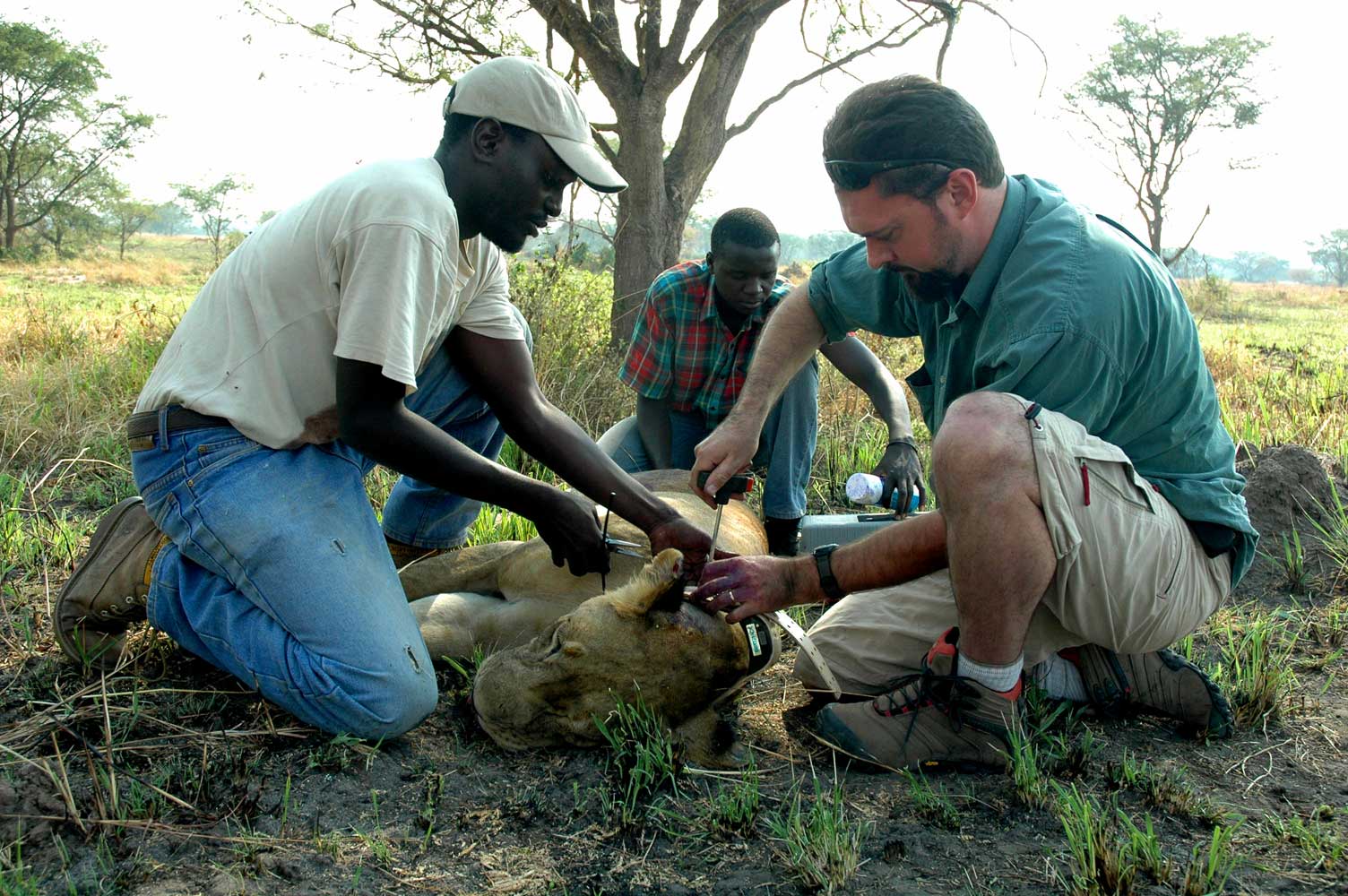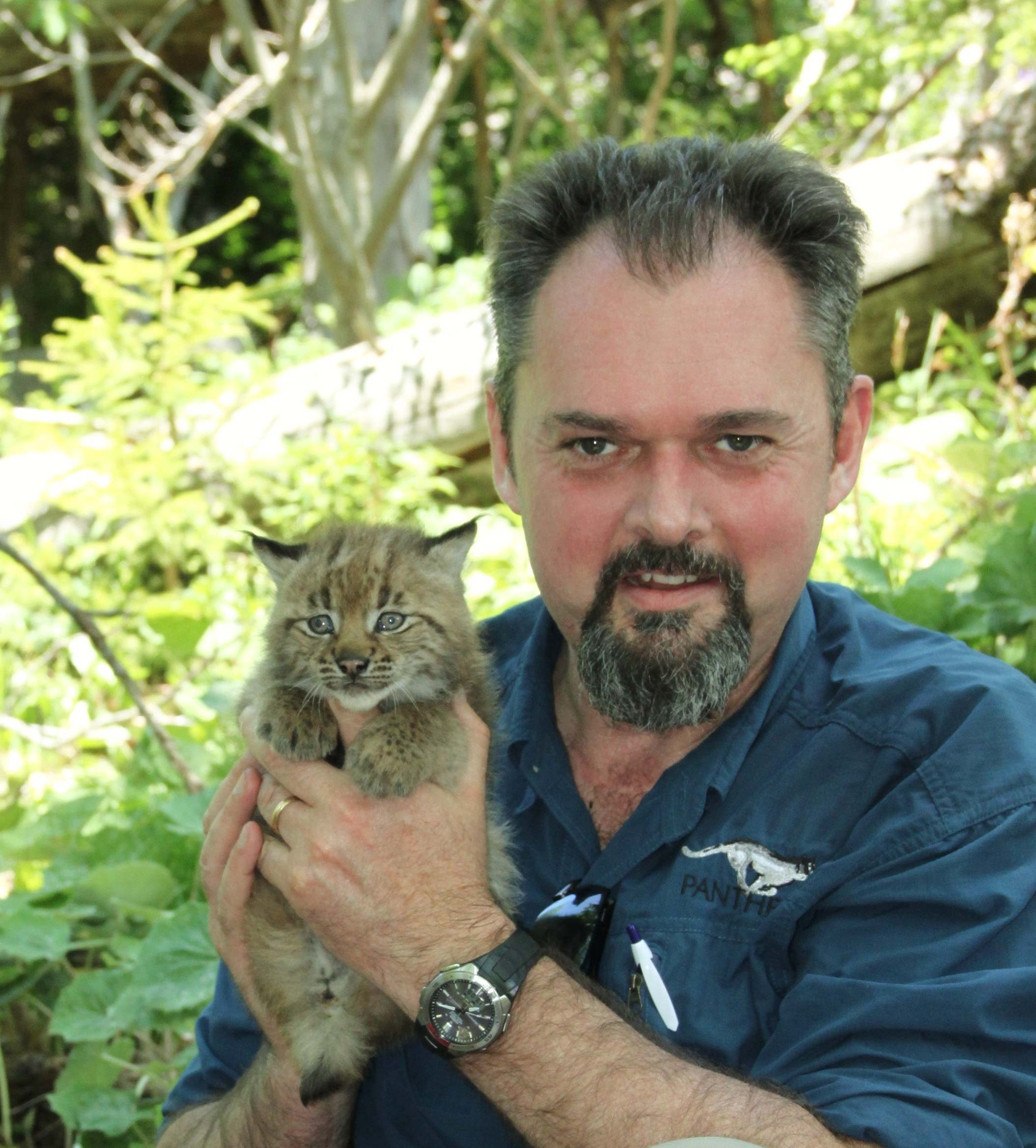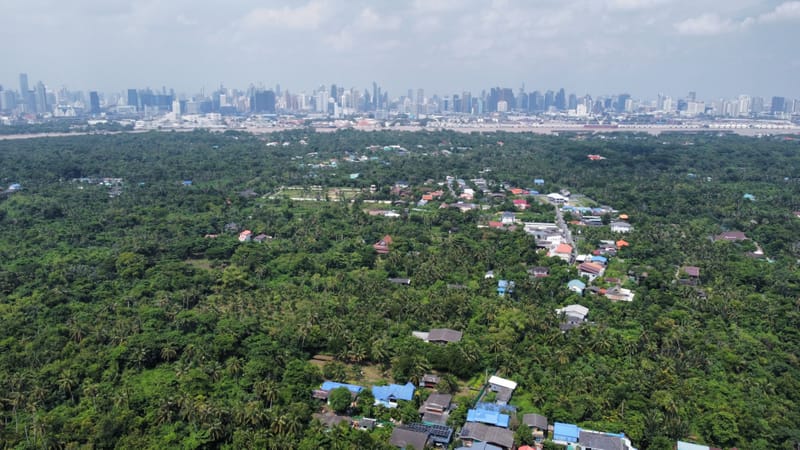

Dr Luke Hunter’s love of big cats began when he was just three years old. Hospitalised with tonsillitis, his discomfort was assuaged by his grandmother’s gift of some little plastic animals, including a lion and a tiger. “And from that day forth, the lion and the tiger, they were the ones,” Hunter says. “It wasn’t a very thoughtful career decision, it was just an obsession.”
That obsession has been a healthy one, particularly from the perspective of the many species of big cats facing extinction around the world. It led Hunter to become one of the founders of Panthera, the only organisation in the world devoted solely to the conservation of the world’s wild cats.
“The bottom line is, for the great majority of cats, the reason they’re declining is people,” says Hunter, who is Panthera’s chief conservation officer. Whether it’s deliberate poaching, killing to protect domestic animals or humans, the loss of prey species, or loss of habitat, humans are the single-biggest threat to wild cats.
“It’s not rocket science; if you can address the threats, if you can marshal the financial resources, and also the human resources – the expertise and personnel you need to execute it well – then we’ve got proof that it works,” he says.
Value of critical thinking

Since its founding in 2006, Panthera has run evidence-based conservation programs in 34 countries, in cooperation with local partners. Hunter places a strong emphasis on the need for projects to be informed by scientific research, something he credits to his time as an undergraduate at Monash, where he studied zoology, ecology and evolutionary biology.
“It taught me about the basics of science; taught me how to think critically and how you plan science and test hypotheses,” he says. “All of that was really important for what came later.”
Hunter also spent his holidays volunteering with Monash postgraduates on their field trips – working with sugar gliders, marine turtles in Queensland, fur seals on Kangaroo Island, and even moorhens in suburban Melbourne.
One of the first projects Hunter was involved in, as part of his PhD at the University of Pretoria, was a South African initiative to reintroduce wild-caught lions and cheetahs into areas where they had previously been wiped out. It was the first time this had been done in a rigorous, monitored fashion, and it was spectacularly successful, with more than 50 restored populations of large cats now established in South Africa.
There’s still much to be done and, in many parts of the world, wild cats are facing grave perils. But being able to make a difference, even a small one, has more than justified Hunter’s lifelong quest.
“I’ll be really happy if I’ve contributed in a small way to a handful of populations of cats, thriving and robust, with cubs everywhere and living an essentially natural life.”





